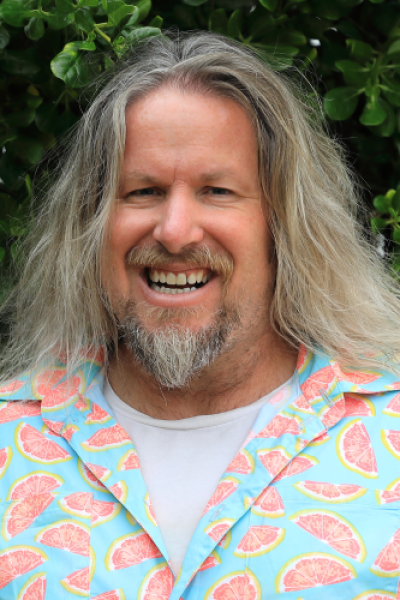Be careful where you find identity

As long as Christians identify primarily with a worldly identity such as a job role, a denomination, or political persuasion to derive self worth or identity they remain operating in the flesh in the world as opposed to operating in the spirit in God's Kingdom.
Identity in the world is synonymous with "doing." A person's occupation through the eyes of the world and what they "do" is incorrectly substituted instead of with "who" a person is.
When a person stops or loses the activity associated with their "doing" identity, they often experience confusion or mental health problems because they don't know "who" they are anymore without it.
This has been made especially evident during COVID with professional athletes revealing their struggles with mental health during the forced shutdown.
For Christians, knowing who they are in God through Jesus and the Kingdom is synonymous with the treasure in heaven where:
“Moths and vermin do not destroy, and the thieves do not break in and steal. For where your treasure is, there your heart will be also” (Matthew 6. 20-21).
Self worth derived from identity rooted in “doing” as opposed to innate identity in God is often indicative of the social status of a particular activity or occupation. A person who has an occupation or role with prestigious social status is far less likely to seek out their true identity in God because they love the social status or esteem which it provides them.
Jesus only knew this too well, which was revealed in his conversation to the rich man in the book of Matthew.
“Jesus answered, “If you want to be perfect, go, sell your possessions and give to the poor, and you will have treasure in heaven. Then come, follow me.”
When the young man heard this, he went away sad, because he had great wealth.
Then Jesus said to his disciples, “Truly I tell you, it is hard for someone who is rich to enter the kingdom of heaven. Again I tell you, it is easier for a camel to go through the eye of a needle than for someone who is rich to enter the kingdom of God” (Matthew 19. 21-24).
Jesus knew that the rich man's social status symbolized by wealth and possessions (bondage) had to go in order for him to know his true spiritual identity in God and the Kingdom.
What people caught in "doing" identity don't see is that the social status they have aligned their identity with is actually bondage. It is served up as a counterfeit identity from the enemy to prevent them from realizing who they are in Christ and the kingdom with the ability to operate in the spirit — a huge threat.
Workaholism is often indicative of people who have no idea who they are outside their role and where they derive their main source of self validation.
When a person identifies primarily with their identity in Christ, they walk in freedom, power, and truth.
God wants every Christian to experience and know who they are innately in Him and to have a relationship that is incredibly intimate and child-like, just how Jesus said it had to be.
“Truly I tell you, unless you change and become like little children, you will never enter the kingdom of heaven” (Matthew 18. 3).
If Christians are not prepared to give up things of the world in order to receive things of the Kingdom, they risk not entering God's Kingdom. Serious stuff. If they don't know their true identity in God made possible by Jesus they just have to ask God to reveal it to them.
“Ask and it will be given to you; seek and you will find; knock and the door will be opened to you. For everyone who asks receives; the one who seeks finds; and to the one who knocks, the door will be opened” (Matthew 7. 7-8).
Tim Crawshaw is an advocate for Christianity to move back to it's supernatural roots from religion into relationship with Jesus. He runs a wilderness ministry in Tasmania, Australia, called "The Bay of Fires Walk For Spiritual Seekers" which gives participants an opportunity to authentically and supernaturally encounter God in some of the most beautiful isolated beaches in the world to receive restoration and life changing spiritual growth. Contact Tim through the walk website here https://www.bayoffireswalkforspiritualseekers.com/



























